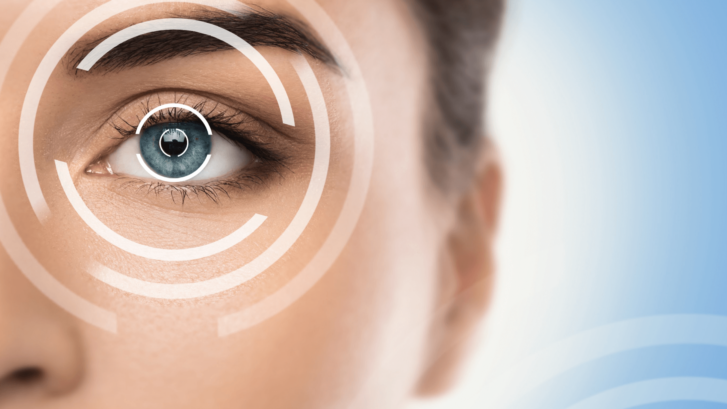What Diabetes Does to Your Eyes and What You Can Do About It
Diabetes is a chronic condition that affects millions worldwide. While many are aware of its impact on blood sugar levels and its potential complications related to the heart, kidneys, and nerves, our concierge doctors in Jupiter want you to understand its link to vision. In fact, diabetes is one of the leading causes of blindness in adults. But how does this condition affect the eyes, and what can you do to protect your vision?
The Connection Between Diabetes and Eyesight
Our eyes are incredibly intricate and sensitive organs. The clear lens at the front and the retina, a thin layer of tissue lining the back of the eye, play vital roles in our ability to see. When blood sugar levels surge, as they often do in diabetes, these structures can be adversely affected.
Diabetic Eye Diseases
There are several eye conditions tied to diabetes:
- Diabetic Retinopathy: This is the most common diabetic eye disease. High blood sugar levels can cause damage to the blood vessels in the retina, making them leak or hemorrhage. Over time, this can lead to vision impairment or blindness.
- Diabetic Macular Edema (DME): A consequence of diabetic retinopathy, DME involves swelling in the macula, the part of the retina responsible for clear, sharp vision.
- Glaucoma: Diabetes doubles the risk of glaucoma, a condition where increased pressure inside the eye damages the optic nerve.
- Cataracts: Those with diabetes are more likely to develop cataracts at a younger age and the progression can be faster than in those without diabetes.
Preventing Eye Complications
Thankfully, you’re not powerless against these potential complications. Here are steps you can take:
- Regular Eye Check-ups: Schedule a comprehensive eye exam at least once a year. Early detection is the key to successful management and treatment.
- Control Blood Sugar Levels: Monitor your blood sugar levels diligently and follow your doctor’s advice regarding medication, diet, and exercise.
- Manage Blood Pressure and Cholesterol: High blood pressure and cholesterol can exacerbate eye problems in diabetics. Regular check-ups and medication can help keep these in check.
- Avoid Smoking: Smoking can accelerate complications related to diabetes, including those that affect your eyes.
- Protect Your Eyes: Use sunglasses with UV protection and avoid activities that risk eye injury.
- Know the Symptoms: Be aware of vision changes such as blurry vision, floaters, frequent prescription changes, or any vision loss. Report these to your ophthalmologist immediately.
Treatment Options
If you’re diagnosed with a diabetic eye disease, treatment options can vary based on the severity of the condition:
- Laser Therapy: Used for diabetic retinopathy to reduce the leakage of abnormal blood vessels.
- Vitrectomy: A procedure to remove the gel-like substance inside the eye, often used when there’s bleeding or significant scar tissue from diabetic retinopathy.
- Injections: Medications can be injected into the eye to reduce swelling and improve vision.
- Surgery: In advanced cases of glaucoma or cataracts, surgical interventions might be necessary.
Diabetes doesn’t necessarily mean you’ll have eye problems, but it does increase the risk. With proactive measures, regular check-ups, and early detection, many diabetic eye diseases can be managed or even prevented. Protecting your eyes starts with understanding the link between your health and your vision, and taking action to ensure both remain in optimal condition.

